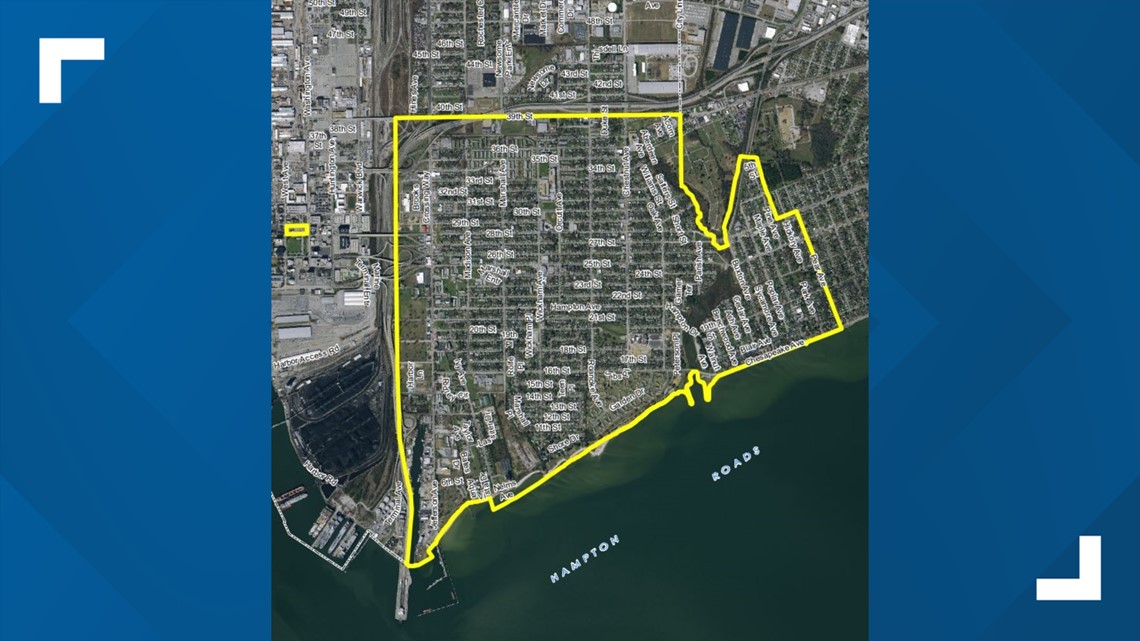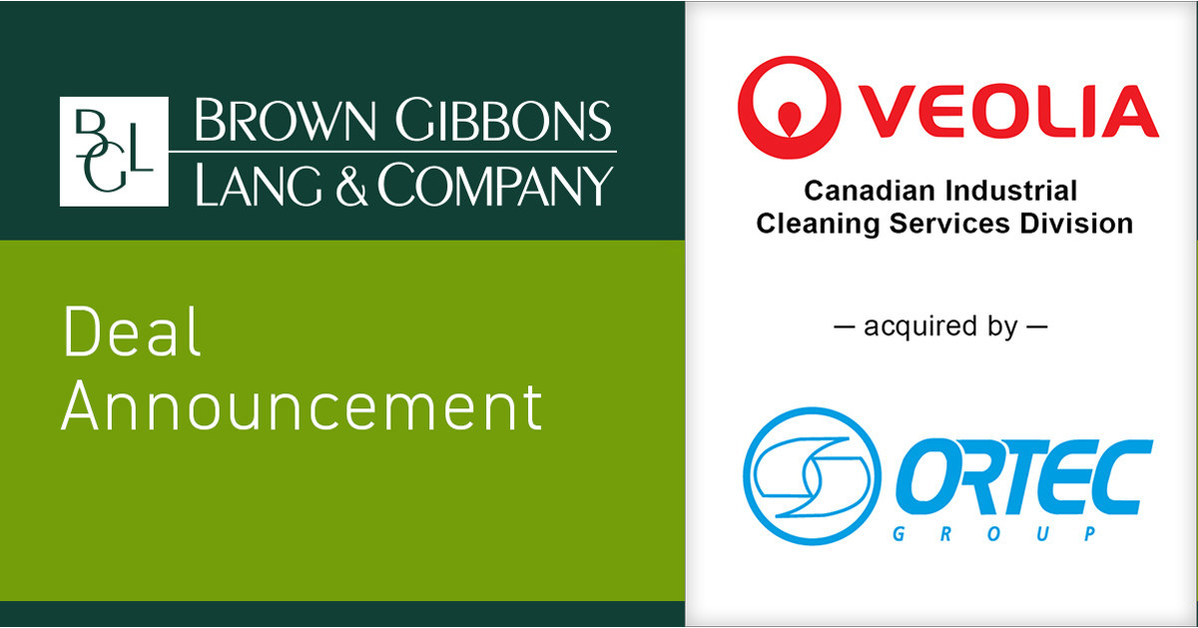- Understanding your expenses as far as a year out will help you determine how much to earn as a minimum.
- Separating your personal and business finances will make things easier during tax season.
- Make sure to take the initiative to set aside savings for your own retirement.
- Read more stories from Personal Finance Insider.
Working as a freelancer can be liberating. You can make your own schedule and seize opportunities as you see fit. However, that also means your income stream is totally in your hands, and may be hard to predict. Projects frequently take longer than anticipated to complete. Payments can take weeks or months to come through, even if you sent an invoice on time.
With that in mind, effectively managing your money — including saving for retirement or other financial goals — can feel like a daunting task. After all, the first step to creating a budget is knowing how much is coming in each month. A regular job provides consistent income, making it easy to see how much you’re putting into retirement or health insurance and to build your budget around those numbers.
While it may be more challenging, creating a budget as a freelancer is extremely important if you want to achieve your long-term financial goals.
“Freelancers need to pay extra attention to their money because they have two money systems: their personal and business expenses,” says Brie Sodano, a personal financial expert and founder of From Sheep to Shark, a woman-focused financial advising company. “If you don’t take control, money can bleed from either.”
5 money-management tips for freelancers
We spoke with two financial experts to learn their top budgeting and
money-management
tips for freelancers, from how to set a monthly budget to planning for emergencies.
1. Understand your income and expenses a year out
“When income is inconsistent, pay attention to what is consistent … your bills!” says Raquel Curtis, a personal finance expert who hosts the money-focused podcast Living Boujee & Balanced.
Evaluate all your bills and try your best to predict your monthly, quarterly and even annual expenses, including how much you’d like to save. This way, you’re not blindsided when a big annual expense like your
car insurance
payment hits. Remember to account for business expenses, like if you want to start paying for your own health insurance and taxes, but note them separately from your personal expenses so you can see business versus personal spending.
From there, you can figure out the base minimum amount of income you’ll need to keep everything going. Once you do this, you’ll know that you can still take care of your necessary expenses during slow seasons. This is a sort of reframing of the traditional approach to budgeting, working backward by looking at expenses to see how much you need to make.
“Most people use this formula for budgeting: income minus expenses, saving, and spending money equals what you have left to enjoy,” says Curtis. “However, as a freelancer, you need to change your budgeting formula — determine your expenses and planned savings first, then find enough work to cover your costs for the month. This will allow you to set a target income and help you price your services in a way that covers your expenses.”
2. Separate your business and personal money
Now that you’re becoming a business owner in a sense, it’s time to start acting like one financially. After all, a small business would hopefully not just let money float around aimlessly. To actually manage and track your money, open up bank accounts solely for your business.
“It is helpful to have business bank accounts, to make deductible business expenses easy to track, and to prevent muddy math,” says Sodano. It’s also going to make tax season a bit easier for you.
As for the account itself, look for a high-yield savings account so you’ll at least earn a little interest at the same time. To help you clearly see how much you’re earning and so it doesn’t get lost in your personal account, it’s worthwhile to put all your earnings into the business account and pay yourself out as if you were your own employee.
3. Prepare for taxes, seriously
If unprepared, tax season for self-employed people can be a nightmare. It’s critical to keep in mind that business taxes operate differently compared to workers who have their taxes automatically withdrawn from their paychecks each pay period.
In other words, you have to do it yourself so you’re not terrified when tax season comes around. Curtis says it’s helpful to use one of those aforementioned business bank accounts for the dreaded tax season by setting aside 15{797b2db22838fb4c5c6528cb4bf0d5060811ff68c73c9b00453f5f3f4ad9306b} to 30{797b2db22838fb4c5c6528cb4bf0d5060811ff68c73c9b00453f5f3f4ad9306b} of your income. Also the tax deductions that are applicable to you.
4. Create a buffer for emergencies
As we all know, life is full of unpredictable and expensive situations, like unforeseen medical expenses. It’s important to be prepared with an emergency fund so you can still afford your regular expenses, says Sodano.
For freelancers, it’s a good idea to focus on building a buffer of reserves of a month or two of income, says Sodano. To figure out how much to save, consider your necessary monthly expenses. This way, you’ll be prepared if there’s a really slow month where you can’t match your minimum expenses.
5. Remember to save for retirement
One of the biggest transitions to freelancing from working a regular job is losing the retirement benefits, like a company-matched 401(k) plan. Long-term wealth-building is key to being a freelancer over the long haul, and you should take proactive steps to plan for retirement.
To figure out the best retirement account for you and your money, Sodano recommends consulting with a financial advisor.
“They can recommend the best account based on how much you can save, what tax advantages are best for you and if loan features are necessary,” she says. They’ll also be able to recommend investments to put into the account based on your objectives and risk tolerance.
You might look into opening up a Solo 401(k) if you have no employees. You can go with a traditional 401(k) — funded with pre-tax dollars with earnings and distributions subject to income tax — or a Roth 401(k) — which is taxed on the front end, making earnings and distributions tax free. If you can, set up the savings to be automatic so you don’t even have to think about transferring over money.
For business owners with employees, Curtis also recommends considering a simplified employee pension (SEP) plan, which allows tax deductions for contributions made to a SEP IRA. Another benefit of a SEP IRA is that contribution limits are annual and higher than your average IRA and 401(k).
“Both of these accounts allow you to build long-term wealth and have money set aside for your golden years!” says Curtis.
Putting it all together
At the end of the day, the freedom and uncertainty of being a freelancer — which is both exciting and scary — extends into your financial life as well. Since your future is truly in your own hands, in some ways it might even be more important to have a budget than if you have a regular-paying job.
“Freelancing is a great way to make more money and have more flexibility than in regular employment,” says Sodano. “Having your own business is incredibly liberating once you have the money systems worked out!”


